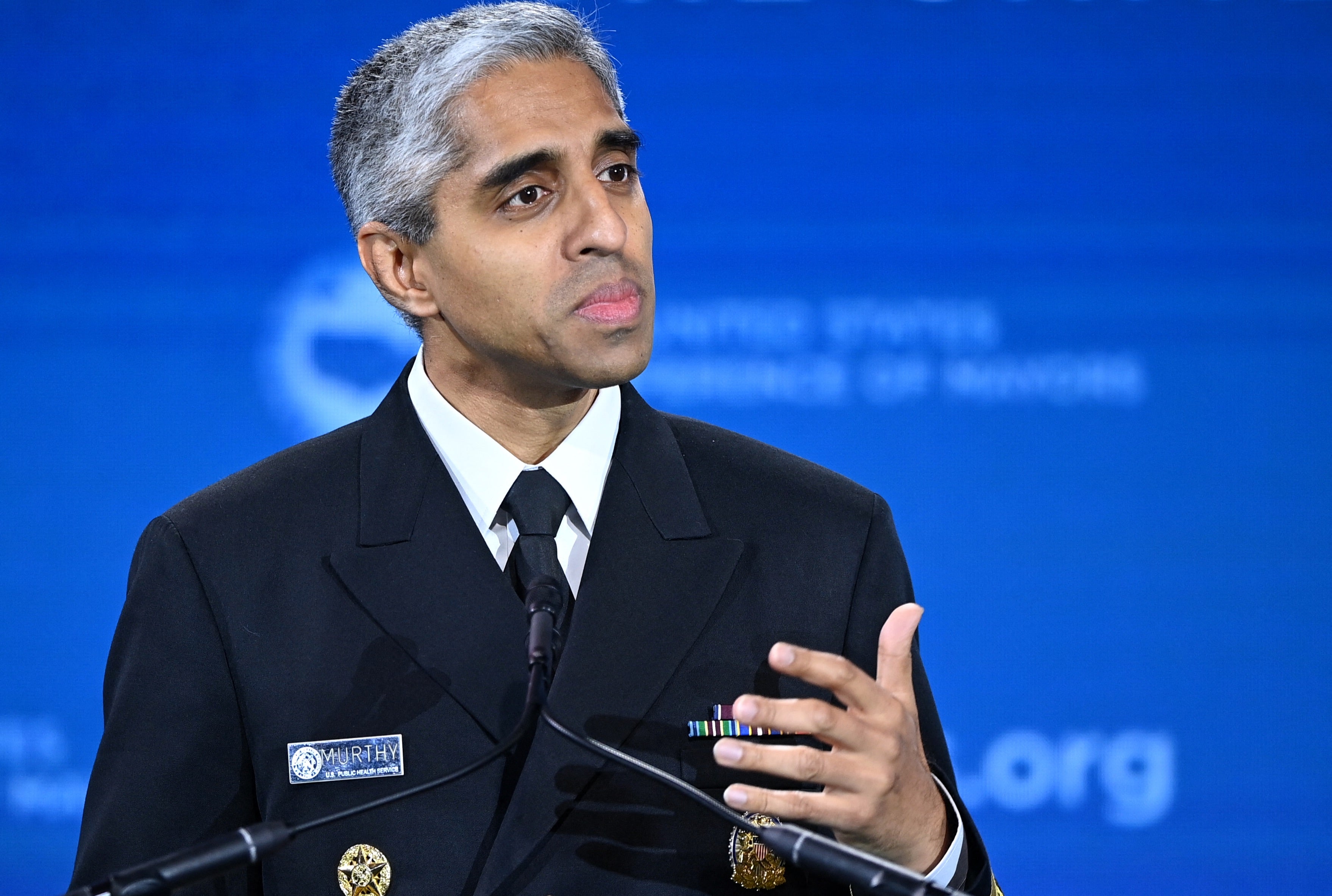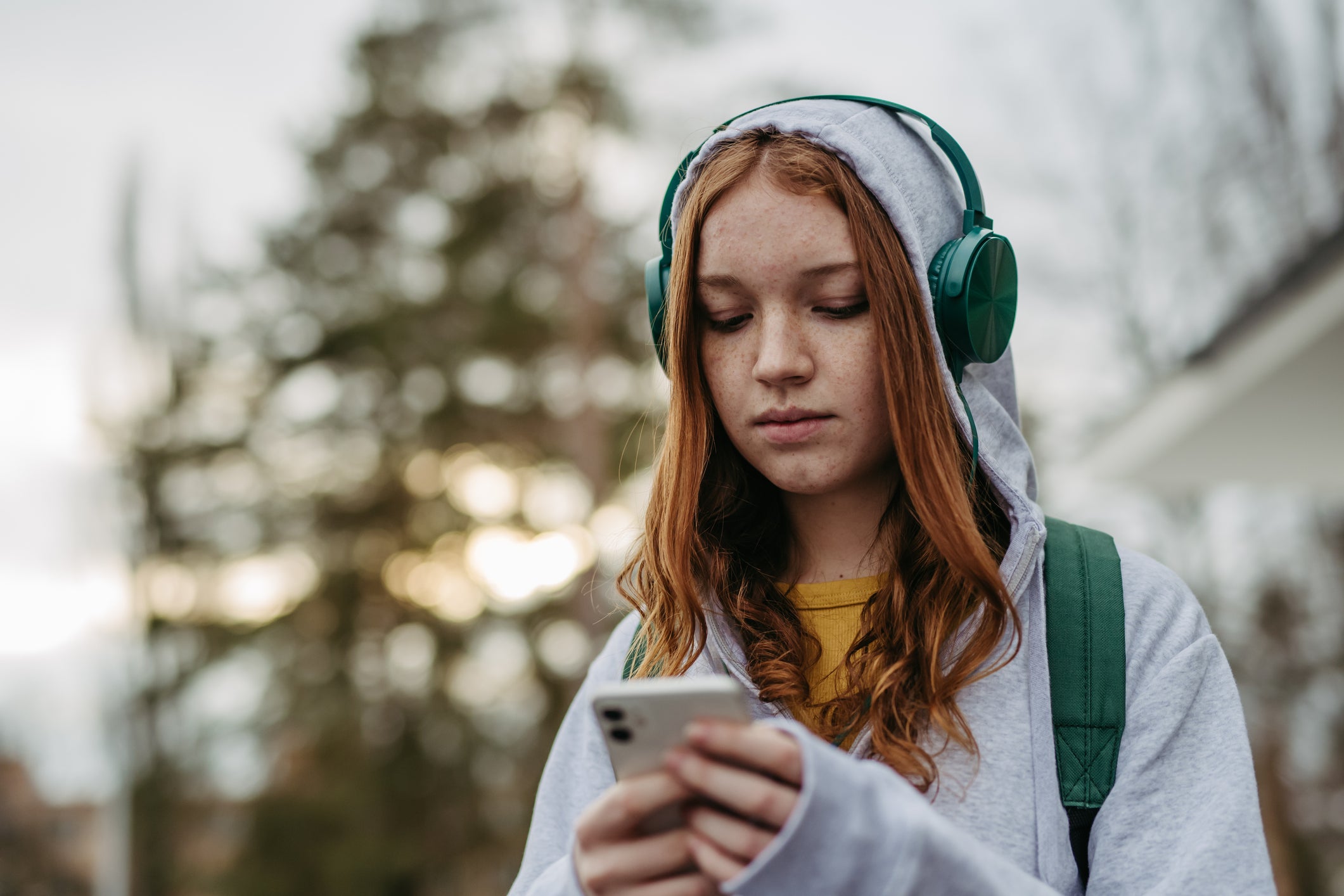Loneliness as deadly as obesity and smoking pack a day, top health expert warns
American youth is particularly at risk and social media is a big factor drawing blame

Elvis Presley sang it in Heartbreak Hotel and now a top voice in American health says the classic song’s chorus has become an alarming reality: Americans are feeling so lonely, they could die.
Vivek Murthy, the former U.S. Surgeon General, is warning that the negative health impacts of chronic loneliness are comparable to some of the nation’s biggest killers.
“The overall mortality increase that can be related to social disconnection is comparable to the mortality impact of smoking and obesity,” he told NBC’s “Meet the Press” on Sunday.
“That’s how powerful and how important loneliness is.”
He cautioned that loneliness and isolation can raise people’s risk for dangerous health conditions
Murthy astonishingly said he found that chronic loneliness is equivalent to smoking 15 cigarettes a day.
“Well, it turns out that our connection with one another, this is not just a nice thing to have, it’s biologically an imperative for us,” he said. “It’s something we need for survival, just like we need food and water.”

Raising awareness about the loneliness and isolation epidemic was a large part of his work during the Biden administration, releasing an advisory to call attention to the issue in 2023. The guidance included a six-pronged plan of action, including to enact pro-connection policies, reform digital environments, conduct more related research, and cultivate a culture of connection.
Murthy said then that the consequences of poor social connection with others include a 29 percent increased risk of heart disease, a 32 percent increased risk of stroke, a 50 percent increased risk of developing dementia for older adults, and a 60 percent increased risk of premature death. It is also connected to an increased risk of type 2 diabetes.
Those were only some of the physical repercussions. In addition, the risk of depression among people who report feeling lonely is more than twice that of those who rarely or never feel lonely. Loneliness and social isolation in childhood also increase the risk of depression and anxiety.
In the U.S., about one in three adults report feeling lonely and around one in four report not having social and emotional support, according to the Centers for Disease Control and Prevention.
Certain people and groups are more at-risk, including low-income adults, young adults, older adults, adults living alone, immigrants, people with a mental or physical challenge, people who are victims of violence or abuse, people facing the loss of a love one or unemployment, and people in the LGBTQIA+ community.

Murthy said that kids struggle the most.
“We tend to think, ‘Oh. Kids are on social media. That’s great because they’re connected to one another.’ But, no, we have to recognize there’s a difference between the connections you have online and the connections you have in person,” Murthy said.
As more relationships have shifted online, more kids are struggling with an “intense” culture of comparison, are trying to be people they’re not, and don’t have as many in-person friendships as we need.
“One student [who] I talked to at a college, as I was traveling the country, he said to me ... ‘How are we supposed to connect with one another when it’s no longer the culture for people to talk to each other?’” Murthy recalled. “And, I saw that on college campuses,” he said.
A national survey from Harvard University previously found that 73 percent of those surveyed selected technology as contributing to loneliness in the country.
“Parents do have good reason to be worried right now,” Murthy added.
Join our commenting forum
Join thought-provoking conversations, follow other Independent readers and see their replies
Comments